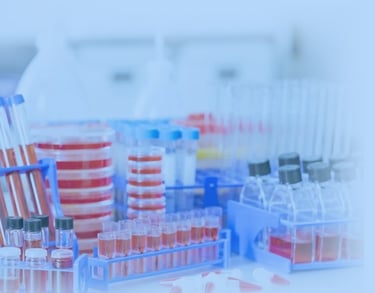Email us : scientific@sumisons.com. | call us : +91 7358100740 | +91 9940240809


Sumisons Scientific - Trusted Dealer & Distributor
Founded in 2018, Sumisons Scientific Pvt Ltd., has grown into leading Dealer & Distributor for multiple Brands in India
Laboratory plasticware refers to a wide range of tools and equipment made from durable plastics, designed for use in scientific laboratories. These items are commonly used for handling, storing, and analyzing samples in a variety of laboratory applications, from research and quality control to medical testing and chemical analysis.
Key categories of laboratory plasticware include:
Beakers: Used for mixing, stirring, and heating liquids, often marked with graduated measurements.
Flasks: Includes Erlenmeyer flasks and volumetric flasks, used for mixing, heating, and precise measurement of liquids.
Test Tubes: Essential for holding small amounts of liquids, solids, or gases for testing or experiments.
Petri Dishes: Shallow, flat dishes used for culturing microorganisms and growing cell cultures.
Pipettes and Burettes: Used for accurate measurement and transfer of liquids. Pipettes come in various types like single-channel, multi-channel, and electronic.
Centrifuge Tubes: Used in centrifuges for separating substances based on density.
Graduated Cylinders: For measuring liquid volumes with precision.
Vials and Bottles: Small and large containers for sample storage and transport.
Funnels: Used for transferring liquids or powders into containers with small openings, preventing spills.
Plasticware is typically made from materials such as polypropylene (PP), polystyrene (PS), polyethylene (PE), and polycarbonate (PC), each chosen for its specific chemical resistance, durability, and ability to withstand various temperatures and conditions.
Plastic laboratory tools are lightweight, cost-effective, and often disposable, offering convenience and safety in laboratory environments. They are used extensively across industries like pharmaceuticals, biotechnology, food testing, environmental analysis, and education. However, care must be taken to ensure compatibility with the substances being handled, as some plastics may react with certain chemicals.
About laboratory plastic ware

